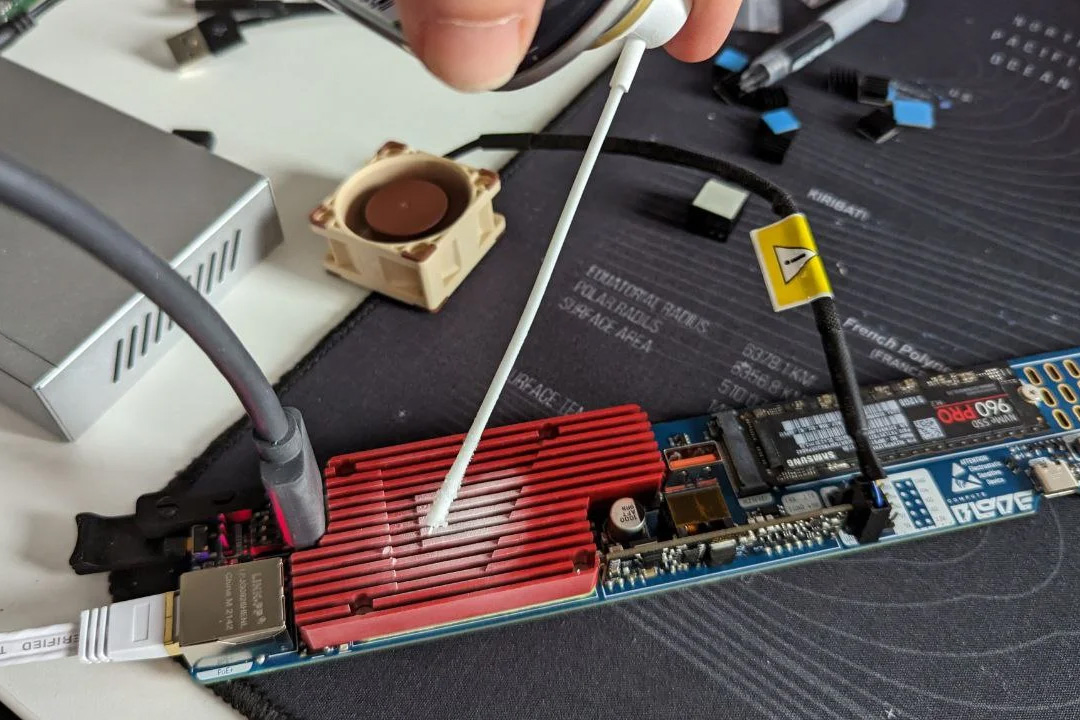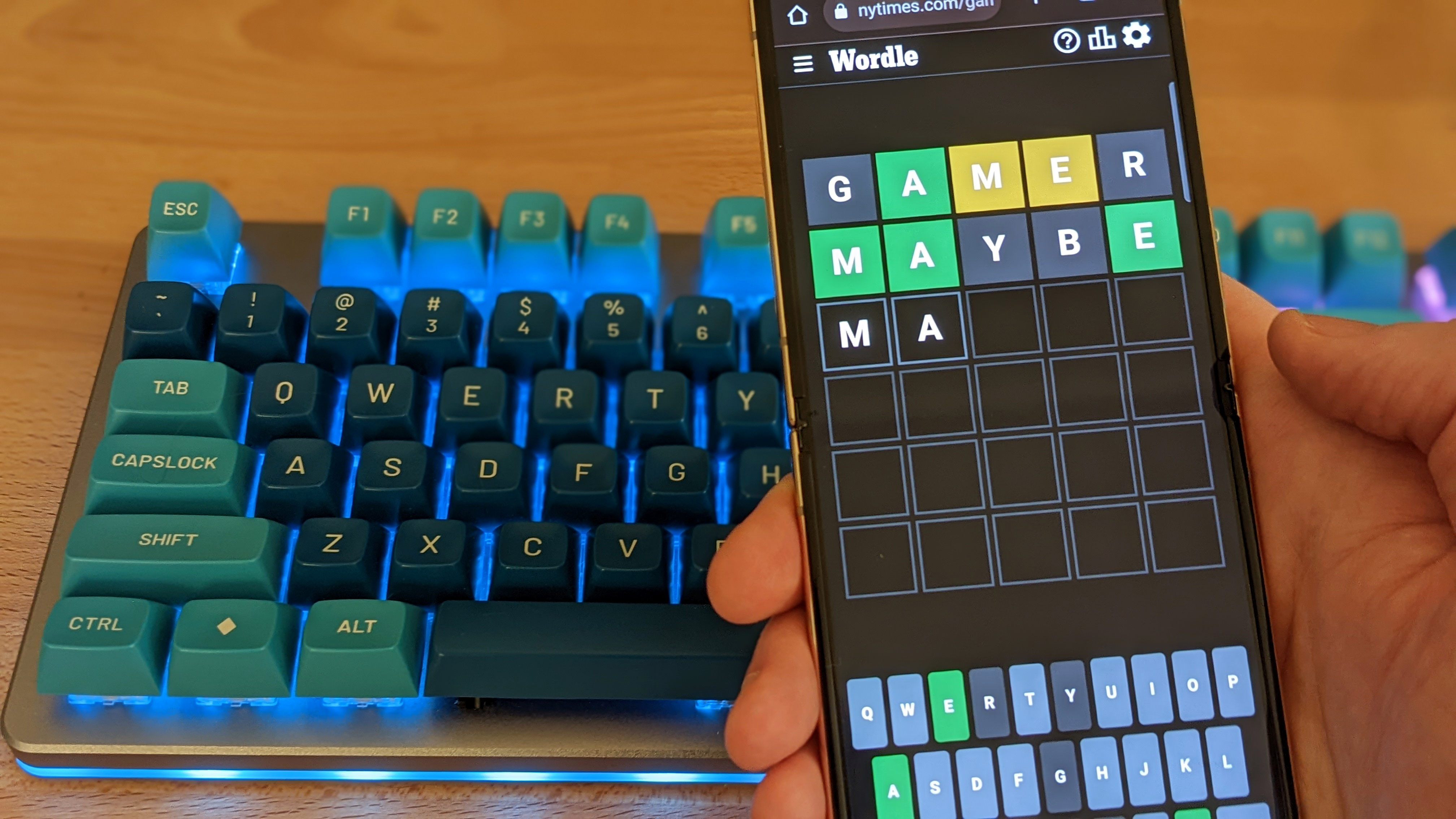
It's also surprisingly stable, as long as you keep those temps down.
When it comes to PC related DIY enthusiasm, it’s hard to go past the Raspberry Pi community. This credit card sized, cheap as the potato variety of chips computer has been lending itself to impressive projects for years. Whether you want to build your very own vending machine, have a spy ready backpack, or a cat powered doorbell, the Pi is the perfect companion for all these projects.
But we live in the world we do, so some people just aren’t happy with what this little miracle of a computer can achieve. It’s not enough that something that can fit in my wallet can achieve clock speeds of up to 1.5GHz. Someone just had to go and push the limits on this poor little trooper, and boy did they.
Tom’s Hardware spotted this incredible feat of delidding hubris, where Ivan “Merocle” Huleshov managed to get clock speeds up to 2.5GHz on a Raspberry Pi. To achieve this, Huleshov took a Compute Module 4 Raspberry Pi, and very carefully took a knife to take the top off the CPU, then applied some serious cooling to keep it stable. You can get a look at the process in his YouTube video which is also at the top of this article, or check out the Reddit thread.
The Compute Module 4 Raspberry Pi is a great choice for starting builds that don’t need all the extra stuff that comes with the standard Raspberry Pi 4. It allows for a carrier board to be connected to customise your power choices and allow for use of a PCIE slot. It doesn’t look like Huleshov is making much use of that here mind, instead he’s just pushing this Pi to its absolute limits, just for fun.
(Image credit: Colorwave)
Best gaming mouse: the top rodents for gaming
Best gaming keyboard: your PC’s best friend…
Best gaming headset: don’t ignore in-game audio
While the clock speed is impressive, it’s not unprecedented. Overclocker Claude Schwarz achieved a 3GHz clock speed on the same machine, but only managed to maintain it with an ice spray for coolant, and potentially some reprogramming. While Huleshov’s attempt appears much more stable, and only requires a five lines config.txt file, it similarly still requires a helluva lot of chill to run.
For the Raspberry Pi to maintain stability at these speeds, Kuleshov explains that the temperature must be kept under 6 degrees Celsius. That’s 42 Fahrenheit, or just a little over freezing temperature. That’s going to require a fairly nice cooling setup if you want to get that stable 2.5GHz clock speed to run.
Raspberry Pi CM4 CPU lid removal video.Watch out for the sharp knife.Thanks to Reddit now I know it’s called deliddinghttps://t.co/7EzkOpzql4October 27, 2022
Of course, if you want to achieve the same lofty clock speeds, you’ll want to be incredibly careful. Delidding a CPU voids any warranty, and can often go wrong leading to a completely broken device. The nice price point of a Raspberry Pi makes it an inexpensive practice tool, but the tiny board also adds its own challenges. Still, it’s always impressive to see just how hard a chip can be pushed, be it a Raspberry Pi or a Ryzen Threadripper Pro, with a nice helping of liquid nitrogen.



